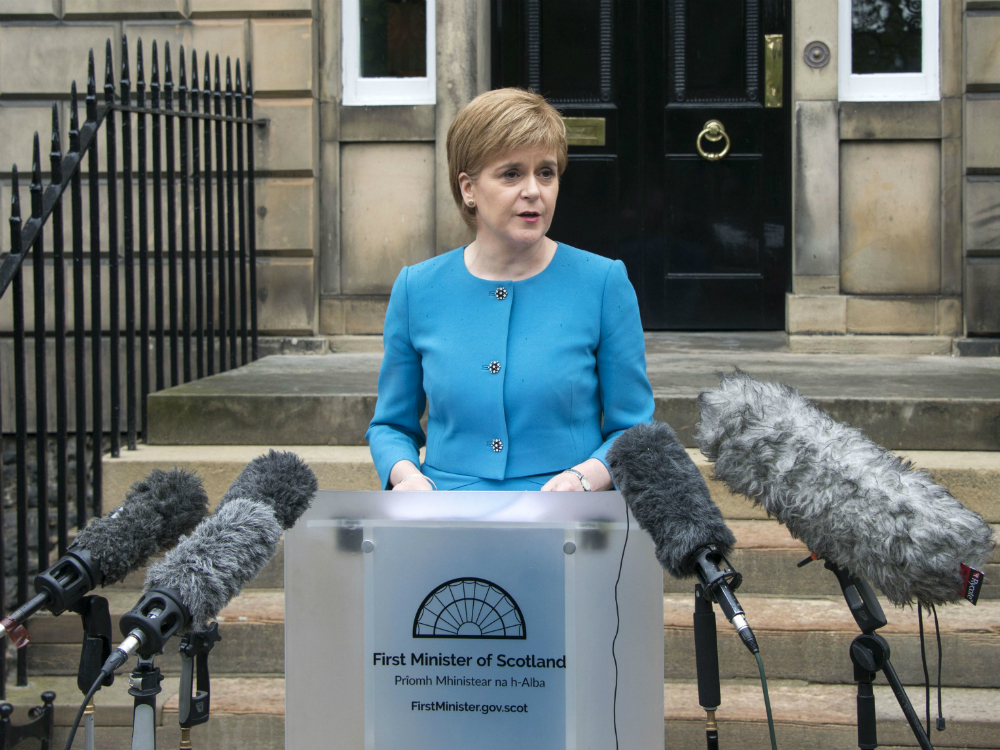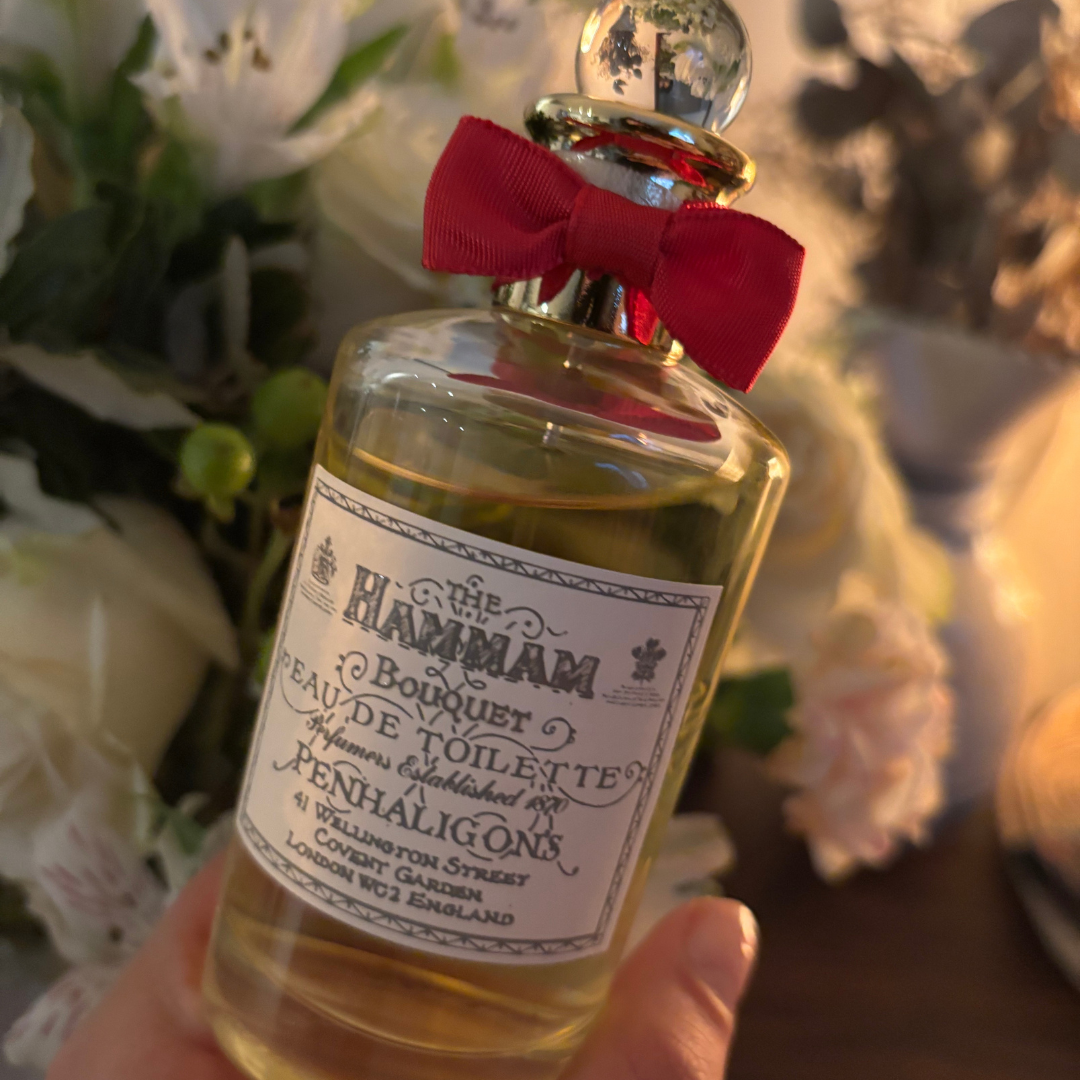Why we absolutely have to eliminate the stigma surrounding miscarriages
Nicola Sturgeon has opened up about experiencing a miscarriage, and is helping to eliminate the stigma surrounding them as a result

Nicola Sturgeon has opened up about experiencing a miscarriage, and is helping to eliminate the stigma surrounding them as a result
You're sitting on your sofa on a Saturday night, wrapped in a blanket and watching True Crime dramas, one after the other, with blank, wet eyes. You feel empty, and numb - like something has been taken away from you that you never actually got the chance to know. Your partner is in the kitchen, looking equally lost, when a friend from work texts. 'How are you?' she asks. 'Sorry you're sick - reckon you'll be back in on Monday?' 'Yeah of course,' you reply, barely processing the words. 'All good!'
Whether it's sexual assault or domestic violence; period pains or an eating disorder; an abortion or breastfeeding, women in 2016 are still conditioned to keep quiet about their bodies. We're told that certain subjects - endometriosis; rape; abortion - are private issues: subjects to be boxed up and locked away. There's Too Much Information associated with them; they're Attention Seeking, and they're Making A Fuss.
And while progress is being made on counts, (and women are getting louder about all of the above), one subject that still isn't being discussed openly is miscarriage - and what it feels like to experience one.
As a culture, we've absorbed the '12 Week Rule' (where you keep quiet about your pregnancy for the first three months) to such an extent that it's almost surprising when someone announces they're expecting before entering their second trimester. In fact, many doctors still recommend that women keep their pregnancies quiet until 12 weeks have passed - simply because 20 per cent of pregnancies are likely to end before that date.
In theory, it's supposed to protect the woman in question. But if it silences their experiences when things go wrong and makes them feel like they have nobody to talk to about what they're going through, then that argument doesn't really stand up.
After all, if a fifth of all pregnancies end within the first three months, then that's a huge - huge - number of women who will have experienced a miscarriage at some point in their lifetimes - but if you've been told to keep quiet about your pregnancy in the first place, then it can still be a horribly lonely experience.
Marie Claire Newsletter
Celebrity news, beauty, fashion advice, and fascinating features, delivered straight to your inbox!
Of course, some people want to grieve in private - and there's nothing wrong with that. But even if you don't consciously feel ashamed of a pregnancy ending (and you shouldn't) - if you're feeling like it would be inappropriate to talk about, then that could still be a sign that you're just internalising what society has told you: That a miscarriage is private and personal, and shouldn't be spoken about publicly - even later down the line, when you've come to terms with your experiences.

Which is why 46-year-old Nicola Sturgeon's recent revelation that she experienced a miscarriage at the age of 40 is so important. Not only is she raising awareness of the fact that not all women are able to have children - and shouldn't be subjected to speculation over whether they want them or not, (or defined by whether or not they've become a mother), but she was showing that miscarriages are nothing to be ashamed of - and should be able to be spoken about openly at any point in your lives without fear of judgement.
"This was obviously a painful experience for Peter and I and while Mandy [the author of Sturgeon's new biography] has known about it for some time, she has always respected our decision not to talk about it publicly," explained Scotland's First Minister. "I gave her the go ahead to make reference to it now in the hope that it might challenge some of the assumptions and judgements that are still made about women - especially in politics - who don't have children.
"There are many reasons why women don't have children. Some of us simply don't want to, some of us worry about the impact on our career - and there is still so much to do, through better childcare, more progressive working practices and more enlightened attitudes, to make sure we don't feel we have to choose.
"And sometimes, for whatever reason, having a baby just doesn't happen - no matter how much we might want it to."
The leading destination for fashion, beauty, shopping and finger-on-the-pulse views on the latest issues. Marie Claire's travel content helps you delight in discovering new destinations around the globe, offering a unique – and sometimes unchartered – travel experience. From new hotel openings to the destinations tipped to take over our travel calendars, this iconic name has it covered.
-
 This perfume was created in 1892, and I wear it today—it’s musky, sexy and deserves a spot in your collection
This perfume was created in 1892, and I wear it today—it’s musky, sexy and deserves a spot in your collectionIt smells nearly identical, 153 years later
By Nessa Humayun
-
 Butter yellow is the colour of the season—and experts have confirmed it looks chic on nails too
Butter yellow is the colour of the season—and experts have confirmed it looks chic on nails tooHere's how to choose the best shade for you
By Mica Ricketts
-
 Pink activewear is officially the must-wear trend of the season - 9 items our Health Editors can't stop wearing
Pink activewear is officially the must-wear trend of the season - 9 items our Health Editors can't stop wearingMake your workout even more fun with a pop of pink.
By Amelia Yeomans